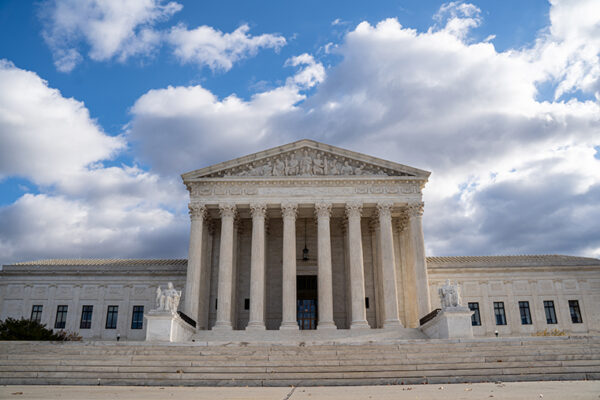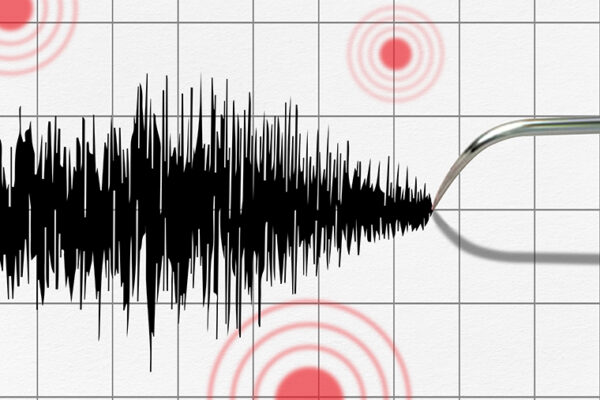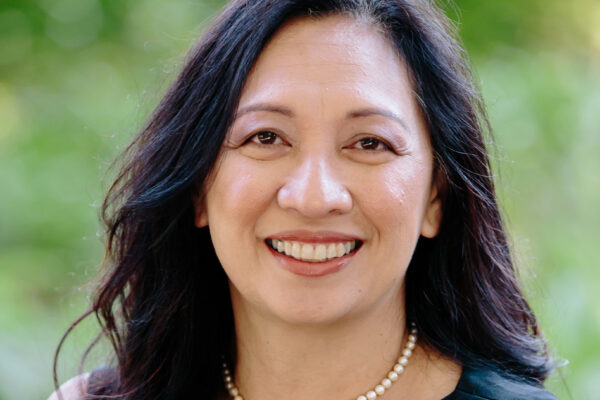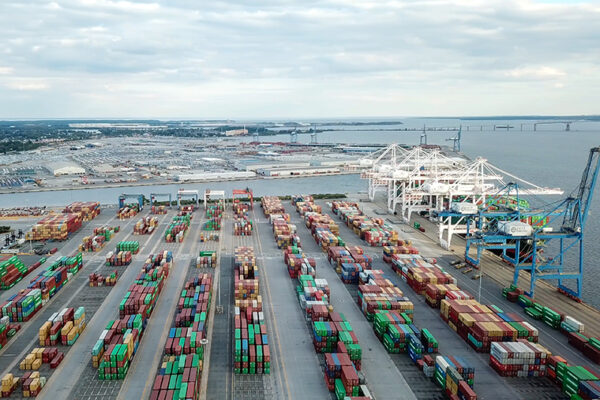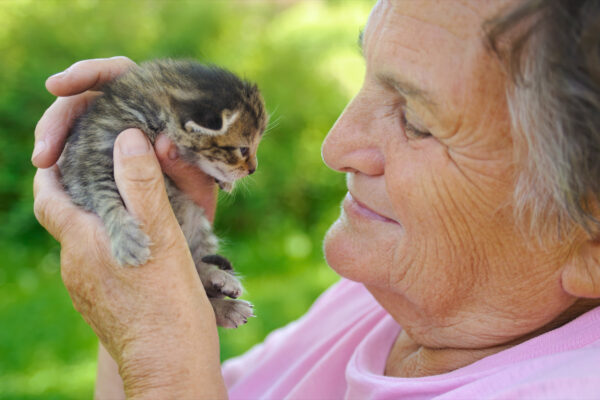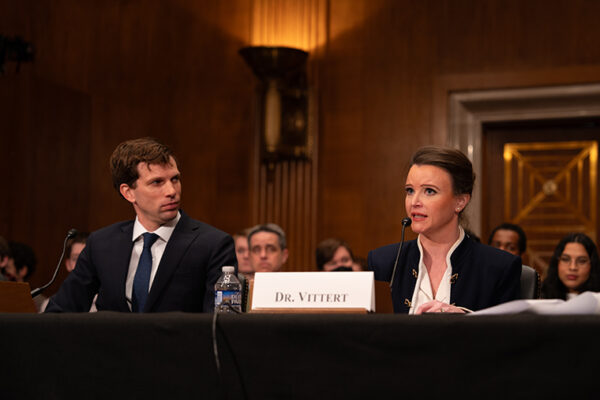SCOTUS Chevron decision not as dramatic as some had feared
The demise of Chevron is unlikely to result in the dramatic curtailment of agency power that some had desired and some had feared, said Ronald Levin, the the William R. Orthwein Distinguished Professor of Law.
WashU Expert: What’s at stake in Biden’s gamble
Known as a “gamble for resurrection,” leaders in crisis have long pursued risky actions in a final attempt to resurrect their careers. Dan Butler, professor of political science in Arts & Sciences, says the Democratic party is currently weighing its own gamble following Biden’s disappointing first debate.
Ten Commandments display probably not legal
Louisiana’s recent legislation requiring the display of the Ten Commandments in every public school classroom is likely unconstitutional under the current framework of the Establishment Clause, said an expert on law and religion at Washington University in St. Louis.
Social workers key to psychedelic-assisted therapies
As psychedelic-assisted therapy gains mainstream acceptance, the role of social workers, who provide a significant portion of mental health services in the United States, will become increasingly important in this emerging field, says an expert on mental health in the Brown School.
DeFake tool protects voice recordings from cybercriminals
Ning Zhang, an assistant professor of computer science and engineering in the McKelvey School of Engineering at Washington University, one of three winners of the FTC’s Voice Cloning Challenge, talks about the technology he created.
Tremor a reminder that East Coast, Midwest earthquake threat is real
Although earthquakes may seem uncommon in the New York area, they are not unheard of — and there are similarities to earthquakes experienced in St. Louis, according to seismologist Doug Wiens in Arts & Sciences.
NASPA chair, WashU vice chancellor on the future of student affairs
Today’s debates about the value of college fail to weigh the importance of out-of-the-classroom experiences, says Anna Gonzalez, new board chair of the National Association of Student Personnel Administrators (NASPA) and WashU vice chancellor for student affairs. She explores how student affairs leaders are preparing for the election, leveraging technology and taking on new responsibilities such as financial literacy and leadership development.
How Key Bridge collapse could impact U.S. supply chains immediately, long-term
The devastating collapse of the Francis Scott Key Bridge in Baltimore will add another wrinkle to recent global supply chain troubles, according to Olin Business School’s Panos Kouvelis, a global supply chain expert.
Happiness may protect against dementia
A sense of well-being can have a profound impact on health, especially for the aging brain. Higher levels of well-being have been robustly associated with a lower risk for future dementia, according to WashU psychology researchers who contributed to this year’s World Happiness Report.
Don’t believe hype about shorter work week benefits
The studies that are frequently touted as proof of concept for a shortened work week are riddled with statistical flaws, according to Olin Business School’s Liberty Vittert, who testified March 13 before the U.S. Senate Committee on Heath, Education, Labor and Pensions.
View More Stories
